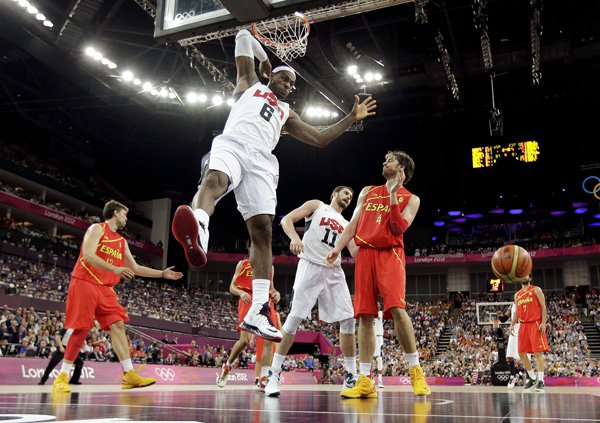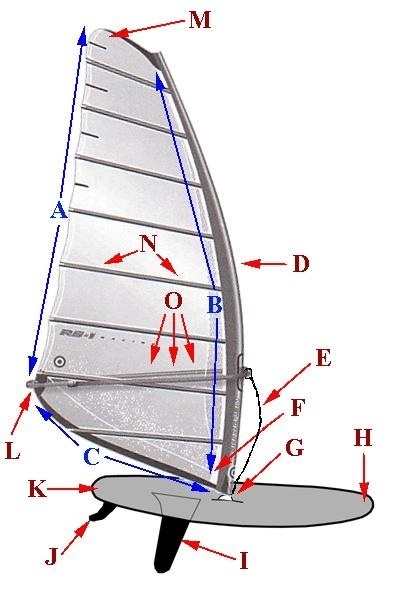Number of bases awarded on passed ball
Question
QUESTION: Hi Brian,
When a pitcher attempts a pickoff which results in a passed ball are the runners awarded one base if the pitcher keeps his foot on the rubber, and two bases if the pitcher steps off the rubber before attempting the pickoff? If so, is this because the pitcher is considered a fielder when he takes his foot off the rubber? If so, does that mean if a batter hits the ball which goes dead off a fielder, the batter is goes to third base if he has made it to first base before the ball goes dead?
Cheers,
Paul
ANSWER: Paul,
On a passed ball, the runners aren't awarded anything for free. The ball is live and they are live - they can advance as far as they wish but they can be put out if a fielder retrieves the ball and gets them out.
The only exception is if the passed ball goes into an out of bounds area, such as the stands or the dugout. If the ball goes into the stands or the dugout, the runners can advance only one base by rule.
I'm not sure I understand your point about a batter. The ball doesn't go dead when it hits a fielder, so I'm not sure how to answer this. Please followup and clarify and I'll try and answer the best I can.
Hope this helps!
Brian
---------- FOLLOW-UP ----------
QUESTION: Brian,
Sorry, I thought a passed ball meant the ball had gone out of bounds.
Ok, I heard if the pitcher takes his foot off the rubber and throws it into the stands on a pickoff attempt, the runner would be awarded two bases, rather than one base if had kept his foot on the rubber. Thanks for clarifying that.
My question about the batter is if the batter hits a fair ball, and for example, the short stop fields the ball and throws the ball into the stands AFTER the batter has made it to 1st base would he be awarded 2nd or 3rd base?
Sorry about the confusion.
Paul.
Answer
Paul,
If the pitcher throws the ball away and it goes into the dugout or stands, the runners get two bases from the base they started at. My answer above was wrong. I wasn't thinking about the situation properly. It doesn't matter if they are on the rubber or not.
If the runner has already made it to first base before the bad throw (that goes out of bounds) then the runner gets two bases on the overthrow. If the overthrow happens while they are running to first base, they only get awarded second base. The position of the runner when the ball leaves the fielder's hand is what determines the base award.
Hope this helps!
Brian
Out of Bounds Question
Qualifying for a Win


